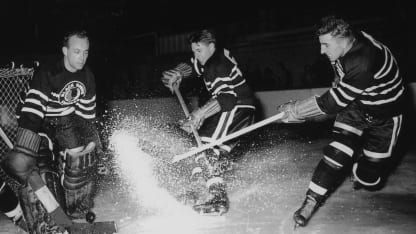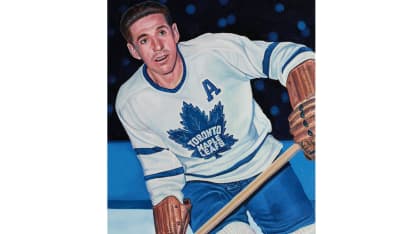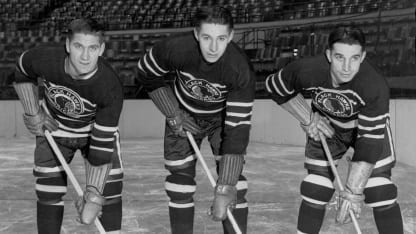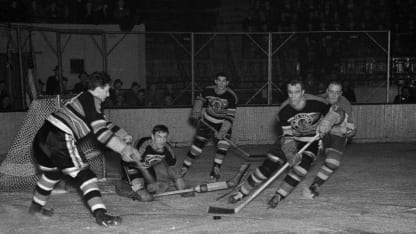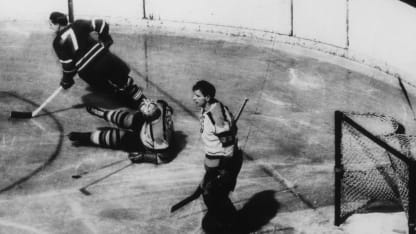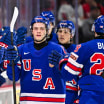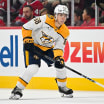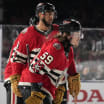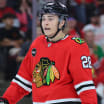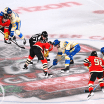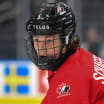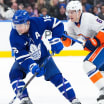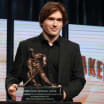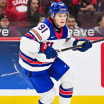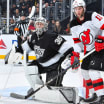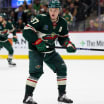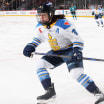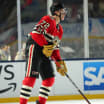The monumental deal, transformational for the Chicago Black Hawks and Toronto Maple Leafs, reverberated throughout the NHL. Even President Clarence Campbell weighed in, saying he was "astounded." Max Bentley, after all, excelled in Chicago over five seasons, earning the Hart Trophy as most valuable player for the 1945-46 season and leading the League in scoring twice (1945-46 and 1946-47).
Bentley, an electric performer, enjoyed immense popularity in Chicago. Nobody realized that more than Bill Tobin, president of the struggling Black Hawks. As Edward Burns reported on the big news that day in the Daily Tribune: "The swap was broached more than a week ago in Toronto when Connie Smythe, managing director of the Leafs, suggested the deal after Tobin had gone there, screaming for help. Tobin was reported to have said that he wanted to 'talk it over with his mother.' At the time the reply was interpreted as a facetious comment by Tobin, who had been waving $100,000, not the deed to Bentley, in his belated effort to strengthen his cellar Hawks. Then he went to Ottawa and conferred with his mother."
The Maple Leafs sought the man, not the money, and the Black Hawks received forwards Gaye Stewart, Gus Bodnar and Bud Poile plus defensemen Bob Goldham and Ernie Dickens -- an entire unit, sans goalie. Stewart had won the Calder Trophy as best rookie in 1943 and Bodnar followed with the Calder in 1944. So the Black Hawks acquired quality and quantity, and needed both. Still, they would not make the Stanley Cup Playoffs again until 1952-53, by which time Bentley won the Cup three times in Toronto: 1948, 1949 and 1951.
MAX BENTLEY CAREER TOTALS | View Full Stats
Games: 646 | Goals: 245 | Assists: 299 | Points: 544
Those championships certainly validated Bentley's belief in himself, despite numerous obstacles, not the least of which involved his health. In 1938, when he and his brother Doug were to try out for the Montreal Canadiens, Max became gravely ill. Doctors diagnosed him with a serious heart condition and advised that he abandon playing hockey immediately, or face dire consequences. He obliged for a while, but returned to the game he loved in 1940, when he and his medicine bag joined Doug, who had played 39 games with the Black Hawks in 1939-40.
